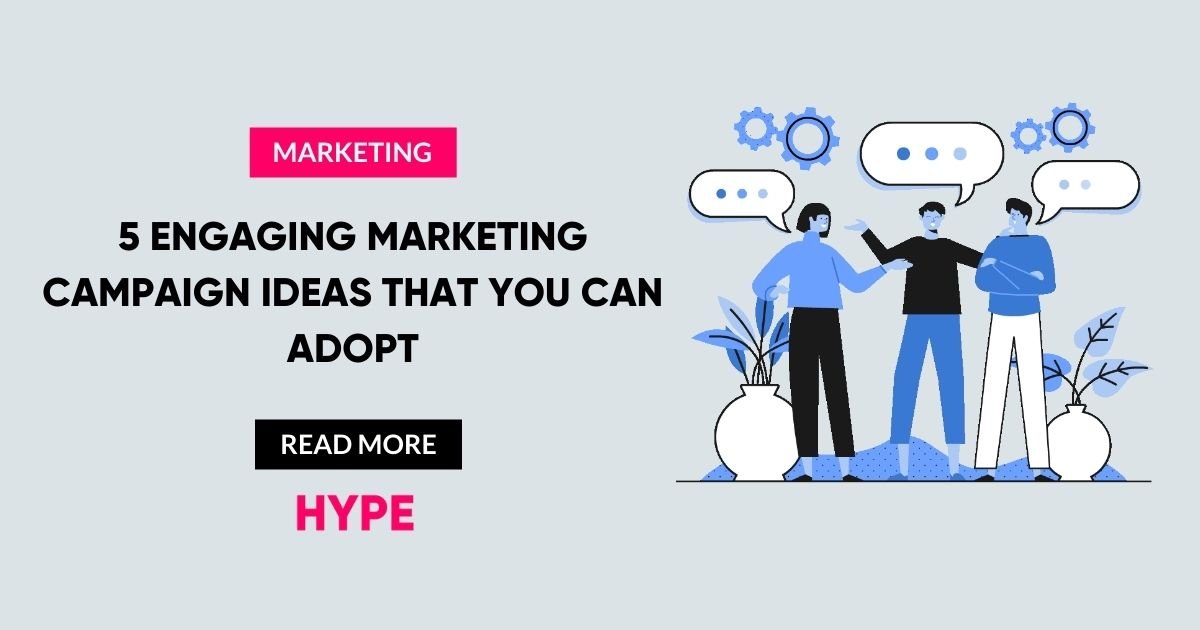Recently, international trade dominated the world headlines. Marketing and Trading are taking over this era. Many discussions focused on the threat of a trade war, tit-for-tat tariffs, and global trade order health. Technological disruption in the global trading system is not new. Emerging technology now affects all four “Ps” through consumer behavior, operational technology, and the entire marketing system. Here you’ll learn about 6 technologies that can disrupt or change or have a significant impact on marketing shortly:
2. Generative AI:
According to Google Cloud sources, Generative AI or generative artificial intelligence refers to using AI to create new content, like text, images, music, audio, and videos. And it works by using an ML model to learn the patterns and relationships in a dataset of human-created content. It then uses the learned patterns to generate new content.
Some apps of generative AI are Midjourney or Dall-E. Even known providers are adding options for Generative AI in their applications like Adobe Photoshop or Canva, bringing new avenues in creating designed focused content for marketing.
Well, we even generated the background of this blog using Generative AI in 30 seconds. Our prompt was: “A back-to-the-future-inspired world in the cyberpunk night city.” By this prompt, you can also check how to make a blog outline using ChatGPT: “Come up with a blog outline with marketing ideas about how to make your video viral.”

2. Consumers’ allegiance shifts from trusted brands to a trusted AI assistant:
Secondly, Alexa, Siri; we’re familiar with these AI assistants daily. It is assumed that these assistants will transform how businesses communicate with their clients over the next decade as all the firms and others struggle to create the preferred consumer AI platform. They will become the main channel through which individuals get data, products, and services, and marketing will transform into their attention fight. This is going to be a horrific disruption for present marketing platforms. The popularity of ChatGPT, Google Bard, and similar chat-based AI applications are proving how consumer adoption can be shifted within some days.
3. Advanced Robotics:
Thirdly, advanced robotics is an exciting fresh field that will see ever more advanced robotics across various sectors. For example:
This video says a lot about what today’s robotics technology is capable of. Think of other opportunities beyond the horizon if a robot can make a paper snowflake. In fact, according to IEEE Spectrum, there are several fields where sophisticated robotics can generate disturbance in consumer tech, from consumer drones to cloud robotics.
There is enormous potential for fresh designs and products (medical implants based on the tail of a seahorse for the beginning), and there is every possibility that robotic technology will affect consumer technology and gadgets markets.
4. Virtual Reality:
Again, we all are aware of what VR is. The use of computer technology to produce a simulated environment is virtual reality (VR).
In latest years, judging by the growing buzz around VR tech at technology conferences like CES, virtual or eye-tracking products are rapidly becoming a reality (not even joking).
Undoubtedly, this technology could significantly affect the experiential marketing of the next generation. For example, in the travel industry, businesses could create immersive VR experiences to give people a sense of the places or vacations they are interested in buying.
In the latest funding round, Magic Leap, a U.S.-based startup, raised $827 million quickly. Here’s a video that shows their tech’s potential in action:
It won’t be long before we see brands using technology as part of their advertising combination, creating immersive experiences.
5. Chatbots:
Customer Service is an area where digital transformation is progressing at a blinding speed, for better or worse. Gartner predicts that within 2 or 3 years, the average person will have more discussions with bots than their partner.
Nevertheless, Many top marketers believe that chatbots will quickly become more advanced, dramatically lowering the cost of routine customer care operations and often enhancing customer experience. There is no better alternative at this time. There’s no doubt that in upcoming years, Chatbots will rapidly comprehend the tone, content, and high-value conversational routes expected to fulfill different goals.
6. Data Veracity – The Importance of Trust:
Finally, businesses face a fresh vulnerability by transforming themselves to operate on information. This includes information that is incorrect, manipulated, and biased. Using this information results in corrupted company ideas and skewed choices. Companies must follow a dual mandate to maximize truthfulness and minimize incentives for information manipulation to tackle this challenge.
In addition to that, at the University of Warwick, scientists have discovered that some rideshare riders organize concurrent sign-offs. This generates a driver shortage and causes a price increase. They then log in back to the more excellent fares for rides. Such systems must be intended with this in mind that are managed by algorithms. The more a client complains, the more appeased he is in client service settings. Companies should therefore ensure that they do not reward poor behavior. Instead, it is about exploring methods of promoting generous behavior.
Are you seeking guidance on transforming your content creation or marketing process using new technologies like Generative AI or Automation? Contact us for a free consultation.



